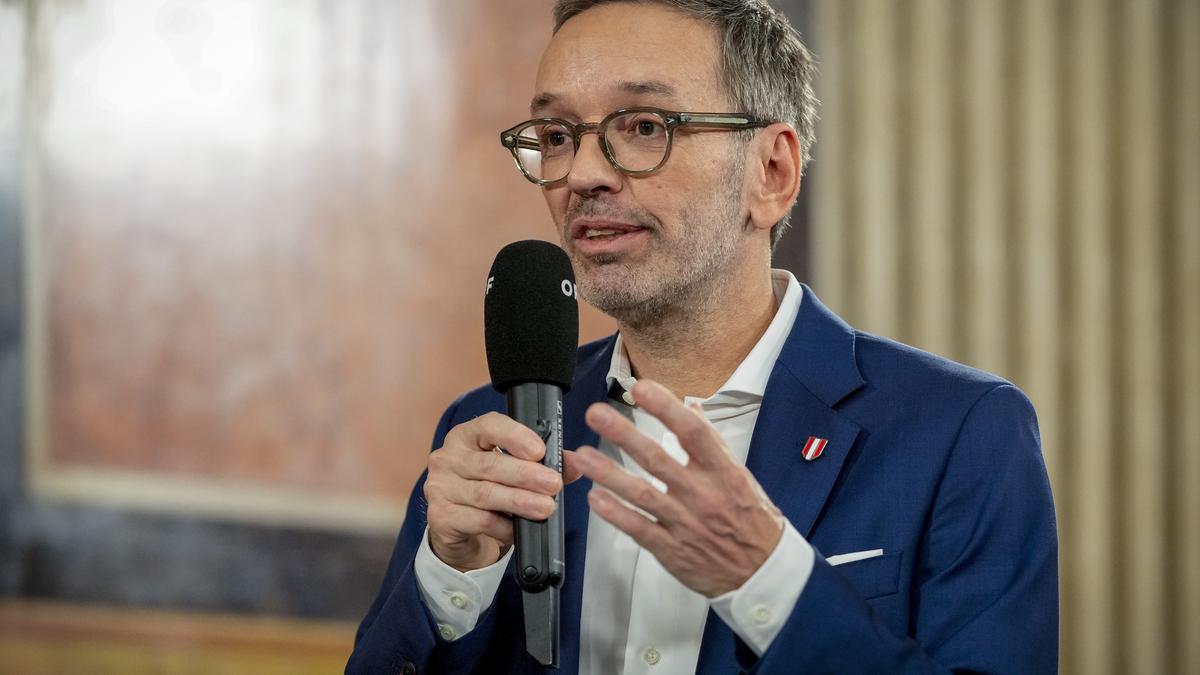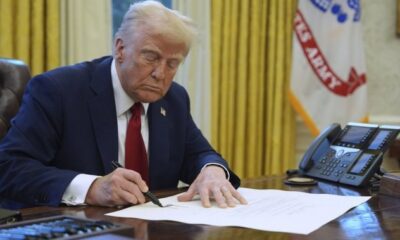The Austrian Chancellor Karl Nehammer’s ruling People’s Party (OVP) has moved closer to leading the next coalition government in Vienna. The party, which came second in the September 29 elections, experienced a significant drop in votes compared to the 2019 polls, marking the largest loss any ruling party has faced. The OVP’s potential coalition partner, the Social Democrats (SPO), had their worst electoral performance since World War II. On the other hand, the far-right, xenophobic, Eurosceptic, anti-Muslim, and pro-Russian Freedom Party (FPO) emerged as the largest party, though without a majority.
Why is the FPO being shunned?
All mainstream parties in Austria have rejected the idea of forming a government with the FPO. The only progress the far-right party has made since the elections is the appointment of one of its members as the parliament’s speaker. The antipathy towards the FPO from other parties stems from various reasons, including the party’s support for Russia in its aggression against Ukraine. Under its current leader Herbert Kickl, the FPO has shifted further to the extreme right, with Kickl positioning himself as the ‘people’s chancellor,’ drawing comparisons to Adolf Hitler, and looking up to Hungary’s President Viktor Orban as a role model. During his tenure as interior minister in the 2017-2019 OVP-FPO coalition government, Kickl ordered the closure of mosques in a crackdown against the “Islamisation” of Austria. His controversial actions severely impacted collaboration with international intelligence agencies. Kickl continues to advocate for the repatriation of foreign citizens as part of his mission to create a homogeneous Austrian society.
Why is FPO not forming the government?
In a departure from tradition, Austrian President Alexander Van der Bellen chose not to invite the FPO to form a government, despite being the largest party in the lower house of parliament. President Van der Bellen emphasized that the previous practice followed by the head of state was a tradition and not a constitutional requirement. Instead, on October 9, he brought together the three largest parties in the new legislature to discuss the possibilities of a new government. With no resolution in sight, he assigned the responsibility to Chancellor Nehammer.
The President has outlined clear boundaries that any government must not cross during his tenure, with Vienna’s European Union (EU) membership being a key point of contention, as the FPO has consistently opposed it.
What explains the FPO’s appeal?
The FPO has been part of three federal governments since the 1980s. In the early 2000s, there was international concern when the FPO’s Jorg Haider joined a ruling coalition with the OVP, leading to threats of boycotts from EU capitals. However, the reaction to the party’s coalition with the OVP between 2017-2019 was less severe, indicating a growing acceptance of far-right ideologies in Austria and the EU. The FPO’s increasing appeal can be attributed to public disillusionment with decades of centrist coalitions, a sentiment echoed across Europe. The OVP and SPO coalitions, historically seen as safeguards against political extremism following the Holocaust, have been criticized for distributing key positions in government and business among themselves.
The potential coalition between the OVP, SPO, and the liberal NEOS will face ideological challenges. The longer they take to reach an agreement, the more pressure there may be within the FPO to replace Kickl and potentially join a coalition with the OVP.
The writer is Director, Strategic Initiatives, AgnoShin Technologies.
Published – December 09, 2024 08:30 am IST








































